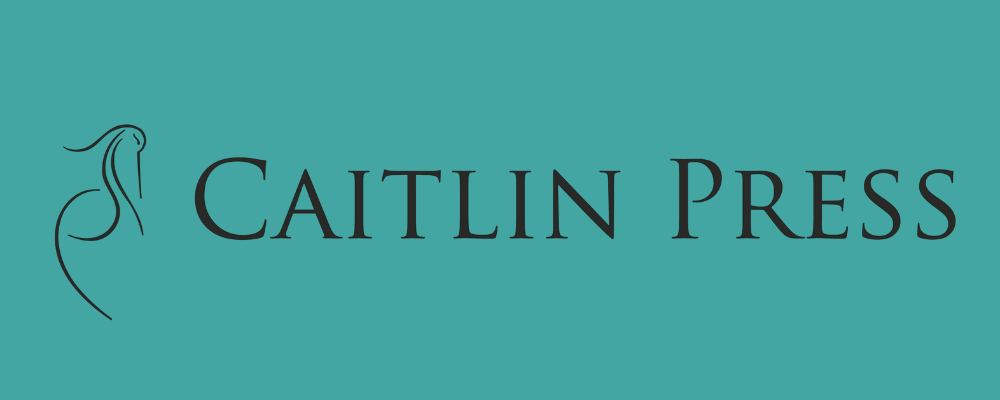This webinar may be the most important resource for learning ONIX as well as implementing diversity metadata.
I know that seems to be a pretty extreme endorsement but I think it’s true. Late last spring EDItEUR released Codelist Issue 58 that added new codes to ONIX Codelist 22 Language role to help publishers deal better with variations in the language of their texts.
They are a small, but important, addition to a long list of language metadata supports that are built into ONIX. And while getting the Language coding right is simple for most books, getting the support right for the exceptional cases — and making it so that these exceptions are digestible and meaningful to retailers — is disproportionally important to the number of ISBNs affected. It’s a great example of getting high value metadata from what in an aggregated database might be less than 5% of the books.
An increasing number of books contain more than one language in the text, and it’s done to support more than one purpose. One reason is publishers are actively looking to create content by diverse authors to serve an audience that reflects a diverse society. In particular, Canadian publishing needs to support the renewal of Indigenous languages, but in general, we're no longer as terrified as we used to be by referencing or allowing “in” another language if it better supports the needs of a target audience. We’re finding that we can be both noble in our support of the cause of societal action and hopeful of increasing sales to specific groups by meeting their needs. Using the metadata correctly is important to supporting discoverability that is specific.
I have always argued that the simpler-than-you-think ONIX "system" has to support complexity. This 32-minute webinar is a master class in using simple metadata to support complex needs. Here's the quote that provides the best explanation for why you need to watch it:
The primary purpose of ONIX is machine-to-machine communication, so precision and detail are important to maximize discoverability and conversion.
Precision and detail… Finding a book among millions of records… Diversity needs… A system to search by and with… Are they related? Watch the webinar, and note how the sum of the parts creates a greater whole. You’ll need to pay attention to the details and find the bread crumb trail that publishers need to add to their data and that retailer’s systems need to look for to support discoverability. It’s more than the impossible-to-create-structured-search-from keyword lists.
Language is only one of many important components in book publishing. This webinar shows how the ONIX metadata system supports it and this presentation is so clear that this blog post can’t add anything else to it.
If you have comments, questions, or concerns about using this, let us know.
For developers and system admins only!
Software developers and system admins can do a lot of damage to the ONIX system that your clients depend on and your companies need. For example, selective support of codes based on use across an aggregated system will have you ignoring the recently added language code support. As would having not updated codelists to match EDItEUR’s Issue updates. We all get ahead by letting users implement the ONIX system and ensuring that your dataset maps to and from it using ONIX definitions.
After watching this inspiring webinar, I recommend reviewing these two helpful EDItEUR documents:














Sales and library circulation data of Body, Mind & Spirit titles during the the first quarter of 2025.